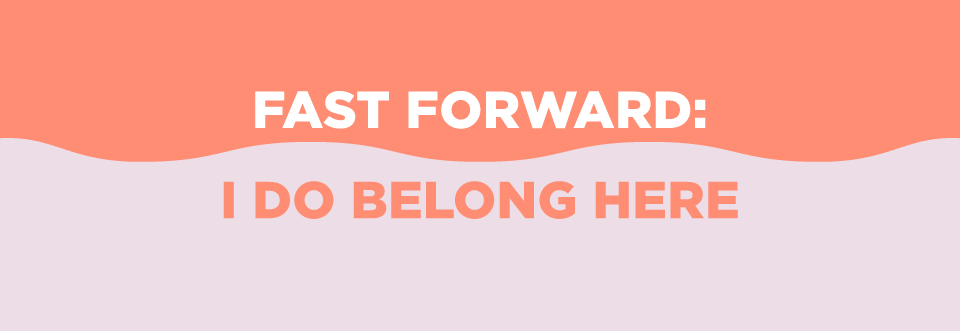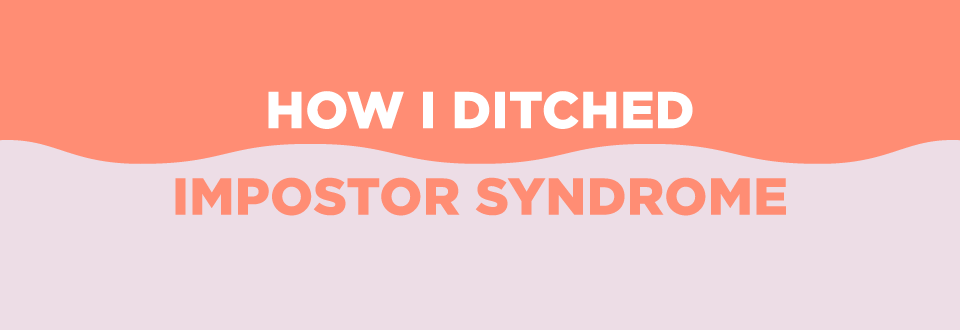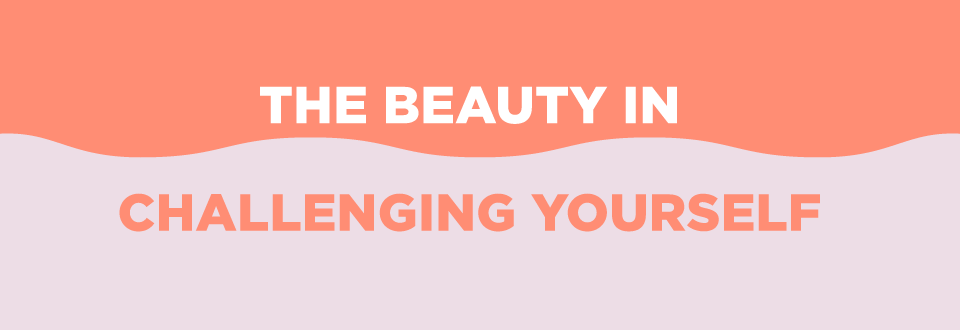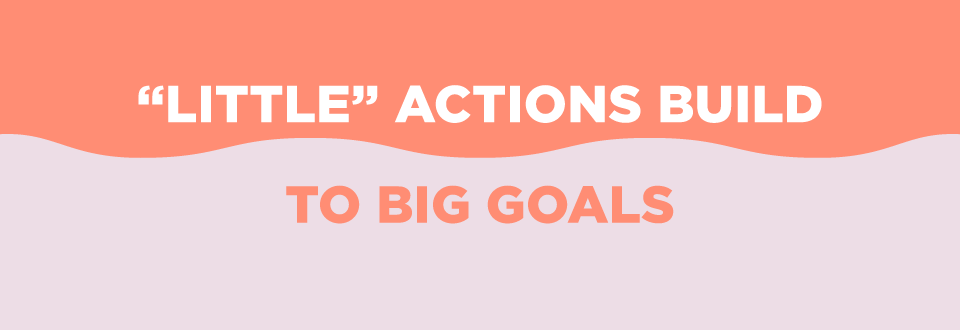"I don't belong here."
Six months ago I sat in a conference room in Mexico City with a group of impact-driven professionals from around the world, ready to kick off our
MovingWorlds Institute Global Fellowship. I had applied, been accepted, and even been awarded a scholarship, but I still sat there thinking that very thought. I don't belong here.
My head was full of thoughts about how I might've ended up in the midst of these eight incredible people, including a shortage of applications or a case of mistaken identity (none about my merit or skills). When our facilitators asked us to write down what we wanted to get out of this six-month intensive fellowship that included a consulting project abroad, I simply wrote: “I want to feel more confident about my abilities, not feeling like I left anything on the table.”
Of all the possibilities in front of me, I find this response just sad. But I knew myself well. My limitations at that point were not believing I was good enough and then not even stepping up to the plate.
Fast Forward: I do Belong Here
Now, 6 months later, I can say with total certainty now that I belonged there, not just for my preparation to receive the skills and experience I'd gain, but for the value I would add to the group. This experience was one step in my grander journey to gain the tools needed to overcome impostor syndrome: that nasty voice inside that tells us we aren’t good enough, we aren’t worthy, and that it’s not even worth it to try.
When I found myself in that room in Mexico City, it was because I’d reached a tipping point in my career with the realization that it was trending the wrong way. I had moved to a new area, and so the past few years of my career consisted of accepting smaller salaries and lower titles, taking what I could get rather than negotiating my salary and title upfront, despite my accomplishments. Since my first job was in a start-up, I was cross-trained and knew I had more skills to offer. But at the first sign of pushback, my confidence in my abilities would crumble.
I would go home and complain about how no one was listening to me, but then go into the office the next day and offer less than my best because I didn’t feel good enough. My self-esteem was shrinking, all while I was secretly hoping for more.
I dreamed of being a social entrepreneur, of impacting thousands of lives, but the only track I was on was towards perpetual mediocrity. I would occasionally dabble in bravery, writing a blog post here and there or teaching my skills one-on-one to help peers get further in their careers. But every time I got to a place of feeling vulnerable when I was just about to share something really important, I would back off. I would ask myself: what gave me the right?
Impostor syndrome was keeping me small.
How I Ditched Impostor Syndrome
My massive frustration with
my career path one day led to what action-challenged people usually do: online searching and hours of brainstorming. I always had a dream to expand my social impact expertise to international work. With my self-esteem in the toilet, I wasn’t motivated to catapult myself from my life in the form of the Peace Corps or moving overseas.
I dwelled on this idea for a moment before typing in the search bar: “similar to the Peace Corps”. Then, the MovingWorlds Institute Global Fellowship opportunity appeared on my screen.
I read intently about how this program was not just a professional learning program, but a personal development program that would assess my strengths and purpose drivers. I’d be challenged to read influential texts in my field, check in weekly with my cohort to learn new skills, workshop ideas with industry leaders, and carve a new path for my future. Through a personalized matching process, I would be connected with an organization in another country to complete a skills-based volunteering project with (MovingWorlds calls it Experteering.) I’d need to complete a competitive application process. And I’d need to invest time and money.
The decision to apply wasn’t hard, because I was pretty certain I wouldn’t be accepted. Right after I hit “submit” on my application, I immediately started second-guessing my answers. Certainly, they were too short. Other people probably wrote compelling essays on all their proficiencies and technical skills and brilliant ideas about social impact. I was just myself; definitely not enough.
That’s what brings us to Mexico City, in a conference room, with my greatest hope being just that I don’t chicken out from participating in this chance to take my career and personal life to the next level.
The Beauty in Challenging Yourself
Over the next six months, I was challenged to take so many actions that were very uncomfortable for my fearful self. I set a
networking goal of reaching out to three people every single week and have multiple conversations with strangers per month. Many times, I walked out of coffee shops totally embarrassed that I had word-vomited all over someone I admired. I messed up a lot. But I kept trying. And eventually, I had the nerve to ask a total stranger to be my mentor. She said yes. I learned that people were much more willing to help me than I thought, and having a guide helped me get out of my own head.
I was asked to finish a new book every month. I fell behind. I sat on calls with my cohort with nothing to say because I hadn’t read the chapter. I felt shame that I hadn’t felt since school. But I didn’t check out. I caught up and learned answers to questions I had been asking for years in my career. I realized that I didn’t just have to learn by trial and error over a career that spanned decades. By committing to reading, I could learn from everyone who has gone before me.
When I got the chance to consult for a
Gates Foundation grant-winning education organization in Bogota, Colombia, I had giant, lumbering butterflies in my stomach before every video call. But I pushed through. I booked my plane ticket. I showed up to their office. As I led their team through workshops, solutions to their problems just started appearing to me.
I felt, confidently, that I was prepared for this. When I shared my ideas with them, they thanked me and used the tools I gave them. I found confidence in using proven frameworks to guide me through situations I didn’t yet know and add my own experience.
"Little" Actions Build to Big Goals
Through little actions, all building up to
a big goal, I proved to myself I was not pretending, not an impostor. I belonged. I had gone ahead and given myself the title I was looking for. I wasn’t perfect. I was a flesh and bones person making mistakes everywhere I went, but
solving problems and teaching people, too. By getting professional help through a leadership program and backing up my investment with discipline and drive, I’ve built the confidence to share my expertise without being asked. Just like the stretch goals I made and accomplished through the program, I take uncomfortable action in my everyday life. That shift has brought opportunities in my career and personal life that I didn’t know were possible.
It hurts me to think that all over the world, impostor syndrome is killing brilliant ideas, silencing skills, and stopping us from being our best selves. Every single one of us has experience and value to share, and by pushing ourselves to take action—even messy, imperfect action— we can take the masks off and know we are enough.
















